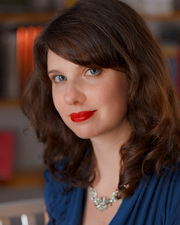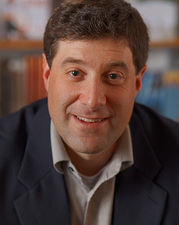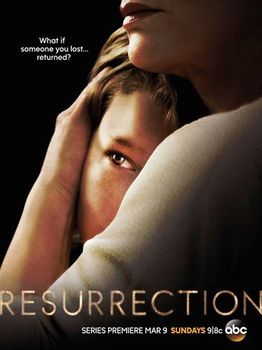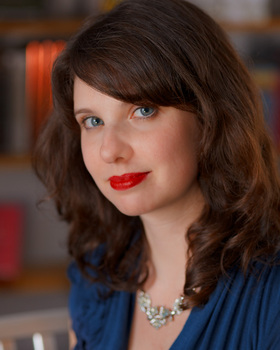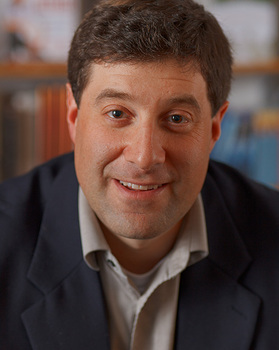The reason for rejections typically comes down to a few key issues. Follow these solutions, and my bet is doors will start opening.

Photo Credit: Heather Hummel Photography
1. Problem: Failure to Follow Submission Guidelines.
Every literary agent has their own, specific submission guidelines. Failure to adhere to these guidelines will often put your query letter in the trashcan, either the virtual one or the metal one, faster than a shooting star disappears into the galaxy.
Solution:
Pay close attention to each agent's individual submission guidelines. Visit their website and click on Submission Guidelines. Read them in detail and find out the answer to these types of questions: Do they only want a query letter? Do they want a query with the first five pages? Do they want a query and the first three chapters? Do they only accept queries via e-mail or via snail mail? Are the submission guidelines the same for e-mail as they are for snail mail?
Once you know their guidelines, follow them to a T. Remember that each agent has different guidelines, so expect to spend a lot of time researching them.
2. Problem: Genre Confusion.
Not all men prefer blonds and not all women prefer tall, dark and handsome. The same rings true here. Not all agents want whatever genre you're selling. Sending a query for a romance novel to an agent who only accepts nonfiction genres is a huge waste of time. Not finding out what genres grab an agent's attention will only set you up for rejection.
Solution:
Use resources such as Writer's Market or AgentQuery.com and perform a search of agents who represent your specific genre. From there, visit your selected agents' website and verify that their bio matches what the resource says. Agent information from an outside resource can differ from the agent's website; therefore, always defer to the agent's website.
3. Problem: Let's Face It: Your Query Letter Sucks.
A bit harsh? Consider that in a recent informal survey I did on Facebook, 10 out of 10 people said they hate writing query letters. The reason was unanimous...because they simply aren't good at writing them. If someone is not good at writing them, I am certain agents will agree.
I am the minority in that I embrace the query letter challenge like a kangaroo to her joey in the pouch.
Solution:
A rock solid query letter needs a few components to grab the attention of an agent.
The opening paragraph should not rave about how your book is the next (fill in the blank famous book/author). Instead, the opening paragraph is meant to stylistically make a pitch regarding your protagonist and book in a way that the agent will fall in love with them.
The second paragraph ought to provide the synopsis. Do not include every little detail like the color of the protagonist's hair, what day of the week she gets her manicure, or all the friends she meets along the way. The synopsis is meant to summarize the essence of the obstacles she overcomes. Stick to the big picture details.
The third paragraph is all about you. What relevant credentials, honors, and awards have you or your books achieved? In other words, why you and not the next author in their inbox?
Lastly, the closing paragraph should recognize the agent's submission guidelines, why you felt they were a good fit for your novel, and an action to take...i.e. requesting the full manuscript.
Note: Include all of your contact information: address, e-mail address, and phone number.
4. Problem: Nonfiction is a Different Beast than Fiction.
Did you know that 70% of nonfiction books are ghostwritten? What most people don't know is that rather than hiring a ghostwriter to write their entire book, what they really need first is a complete book proposal, three sample chapters, and a cover letter. A book proposal is made up of many components, such as an overview, competitive titles, marketing, etc., and runs at least 10 pages.
The problem in this case is that most people don't know that to pitch to an agent, they need a proposal and only three chapters written, not the entire manuscript. Once the book sells to a publisher, the rest of the book is written.
Solution:
If a nonfiction author is going to write their book rather than hire a ghostwriter, they're best served educating themselves on how to write and pitch a proposal to an agent. Alternatively, they can hire a professional ghostwriter to write their proposal and sample chapters. Because 70% of nonfiction books are ghostwritten, agents expect a nonfiction author with a big platform to hire a ghostwriter for their book(s).
5. Problem: Spelling and Grammar
I shouldn't have to state this, but I will. If you're submitting a query letter to agents, ensure that all spelling and grammar issues are resolved. This industry thrives on the written word, and typos or shortcuts are a turnoff.
Solution:
Hire a professional (not your Aunt Rose) to read your letter. You should also read it out loud. It is amazing how many errors you can catch when you read material out loud.
The query letter editing and reworking that I have done with clients has increased their agent response rate from almost 0% to at least 75%. Many of them have gone on to land agents and multi-book deals. Following these five guidelines ought to help increase your odds of landing an agent.
One last note. Patience and persistence are a huge part of being successful in this industry. I'm sure you've read enough about all the big authors who were rejected, but, it was their persistence that paid off in the long run.
Follow Heather Hummel on Twitter: www.twitter.com/HeatherHummel
This post originally appeared on the Huffington Post.

